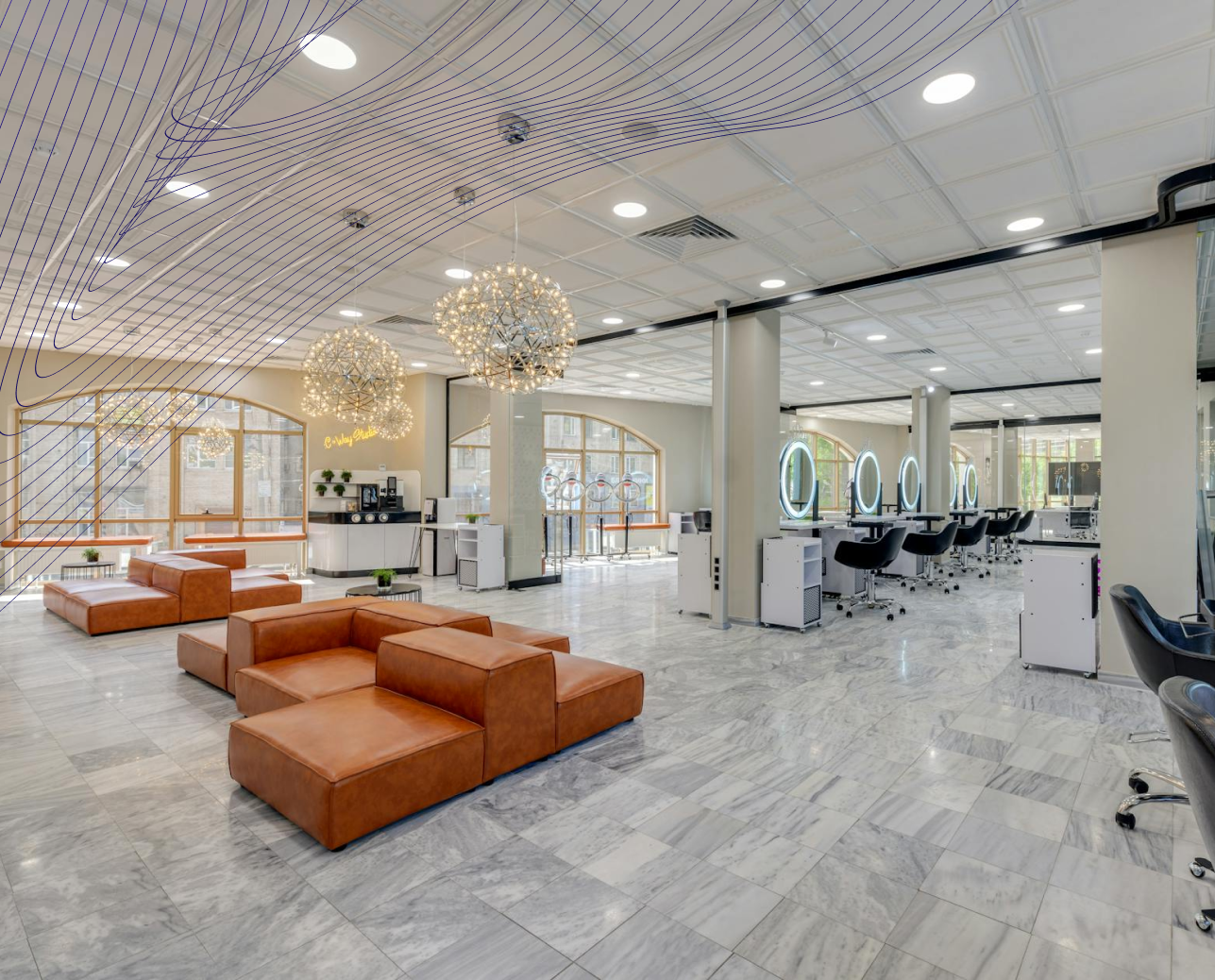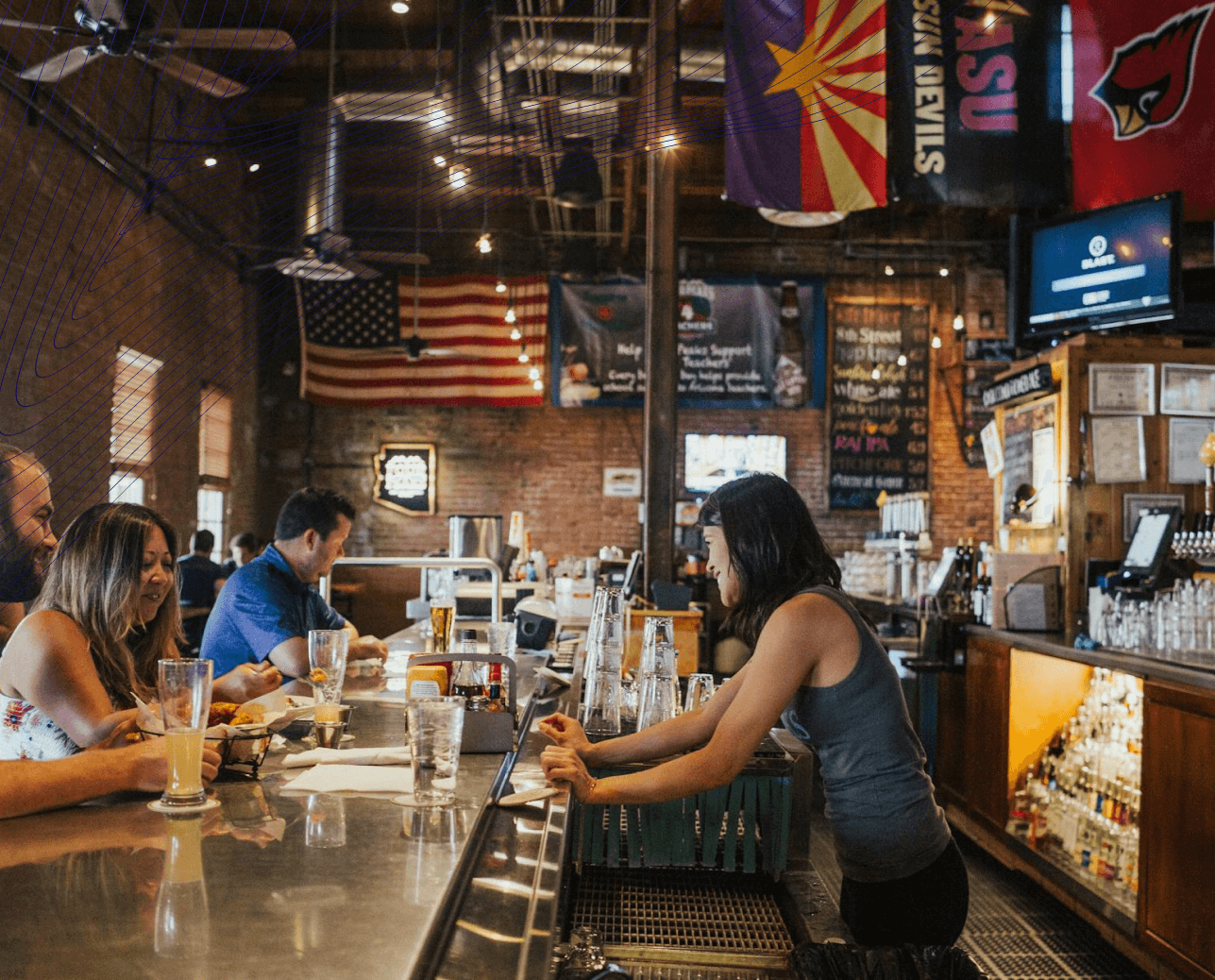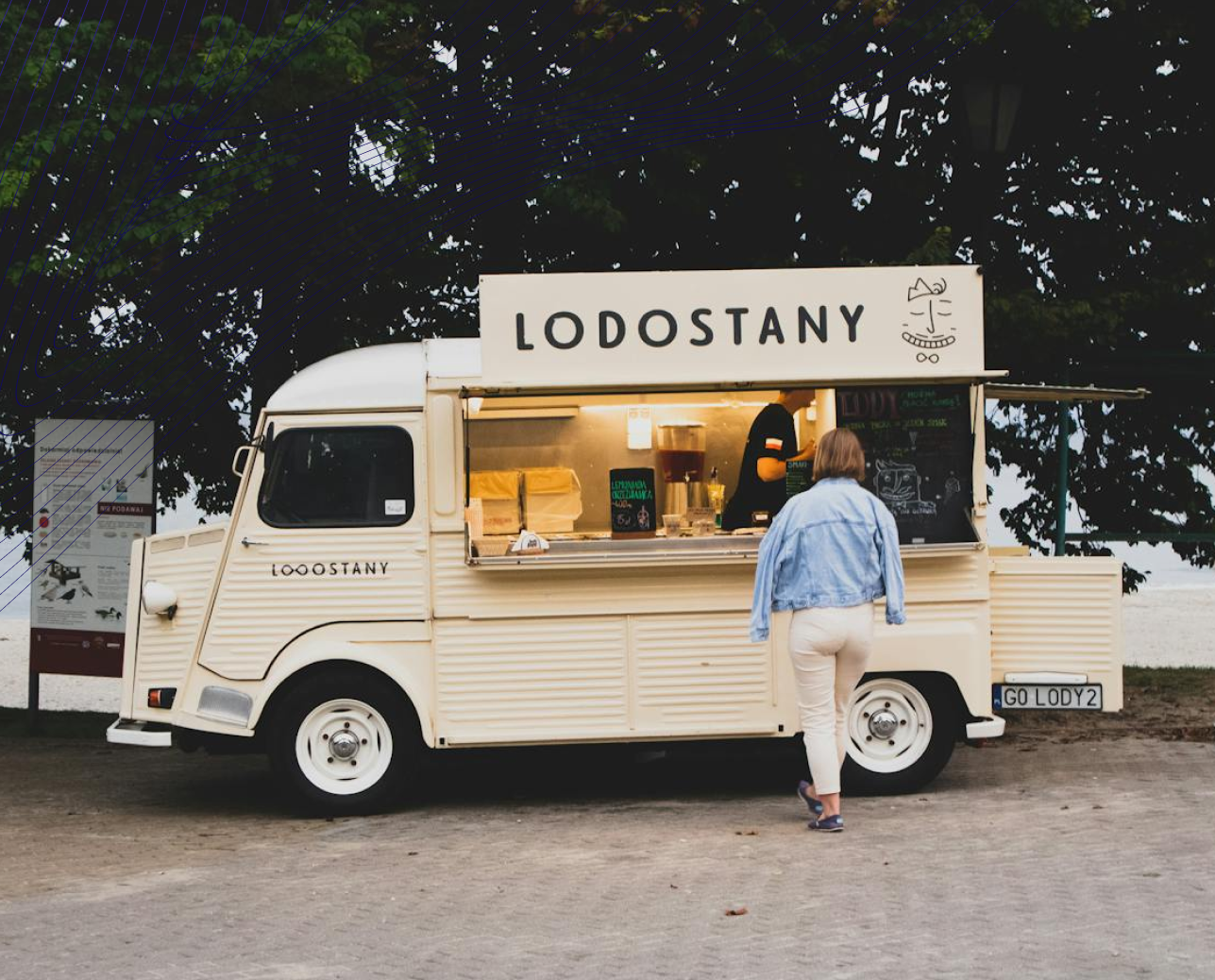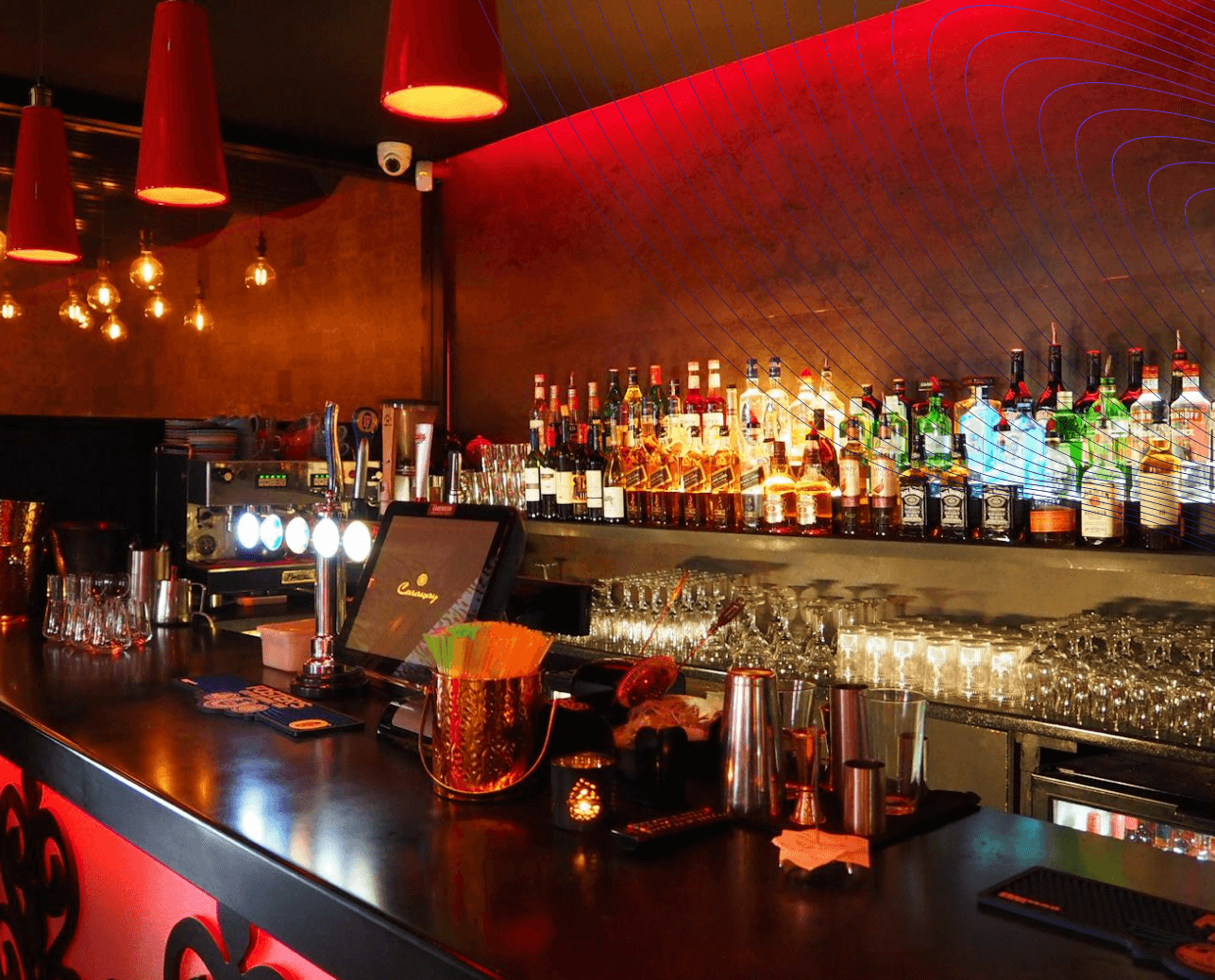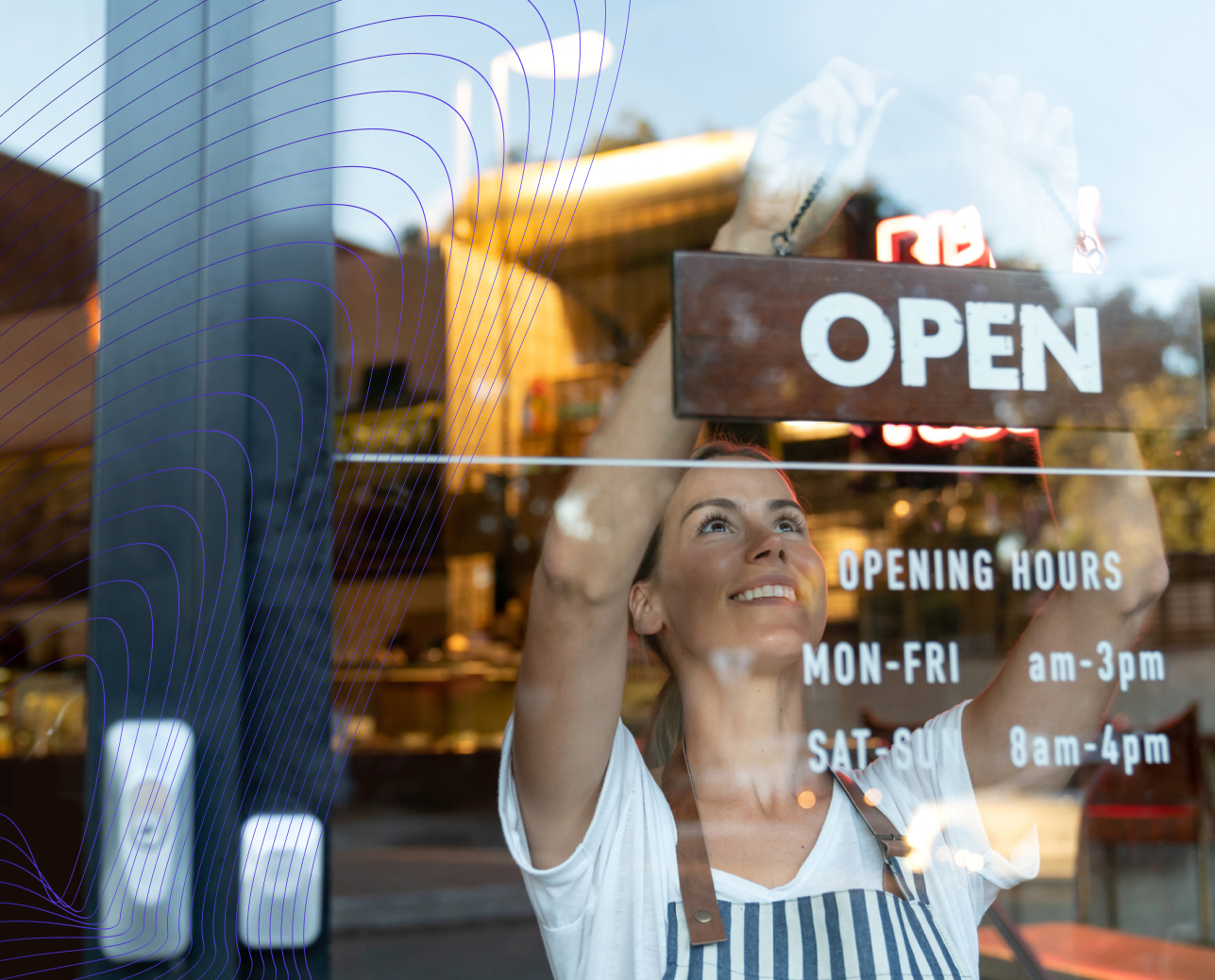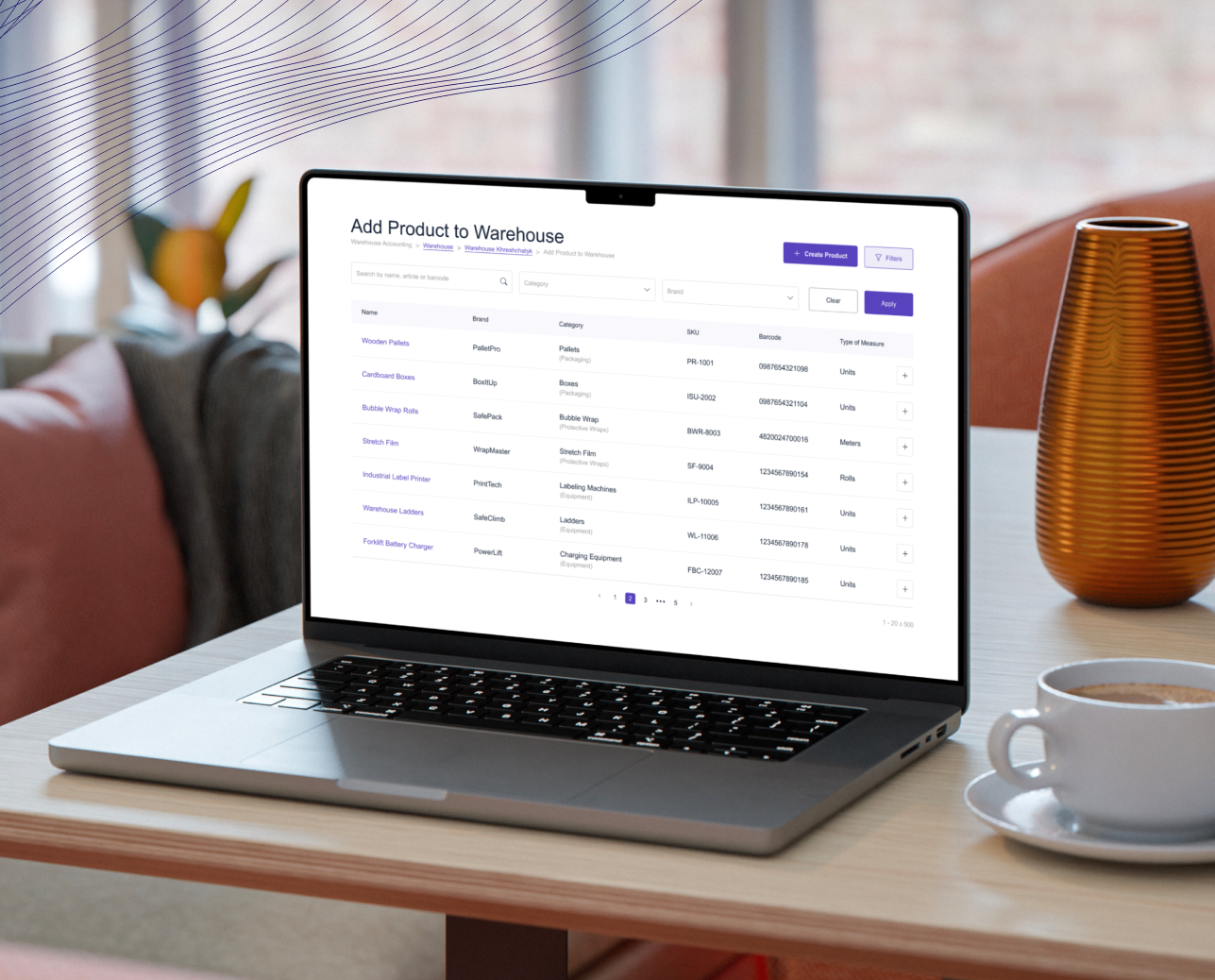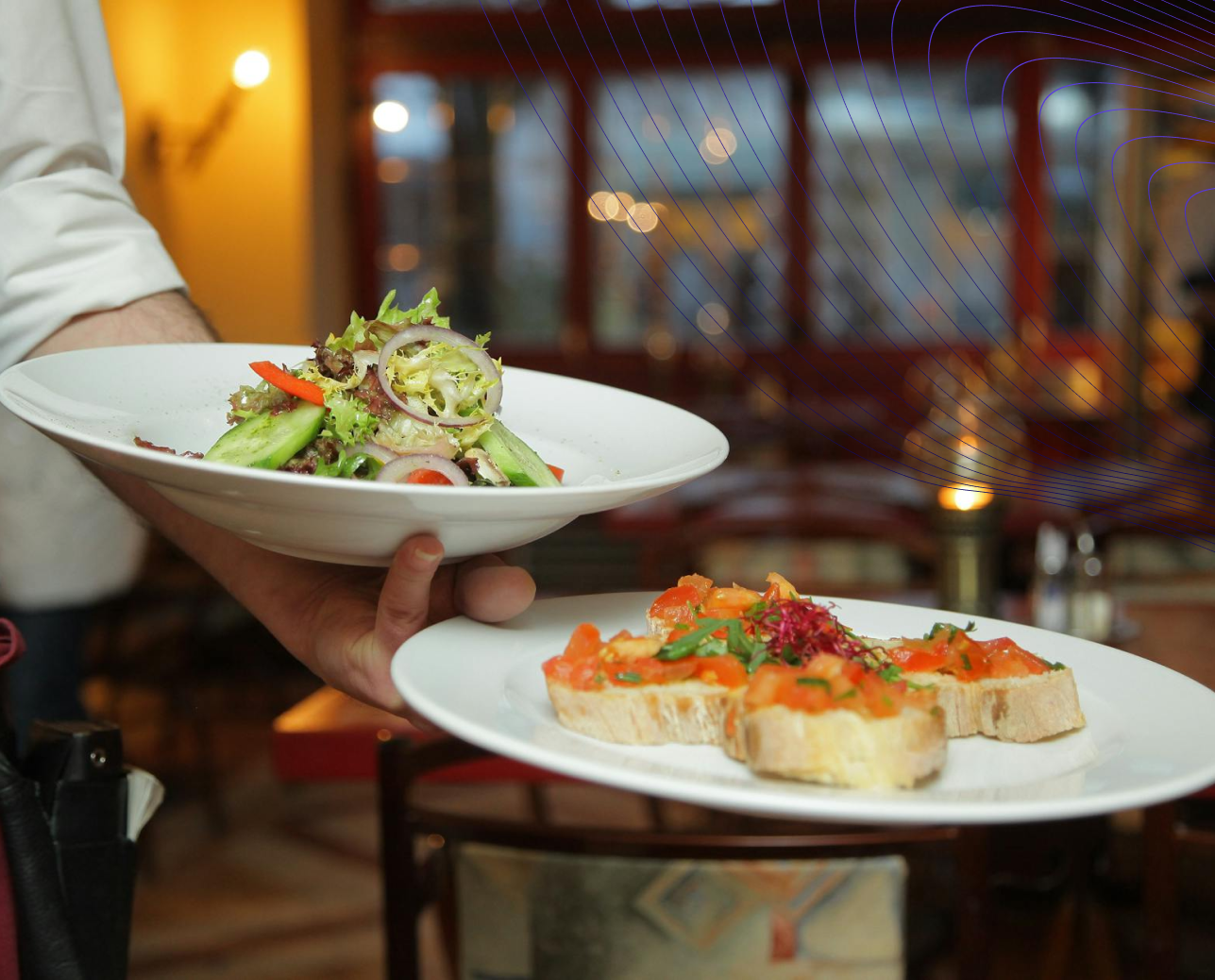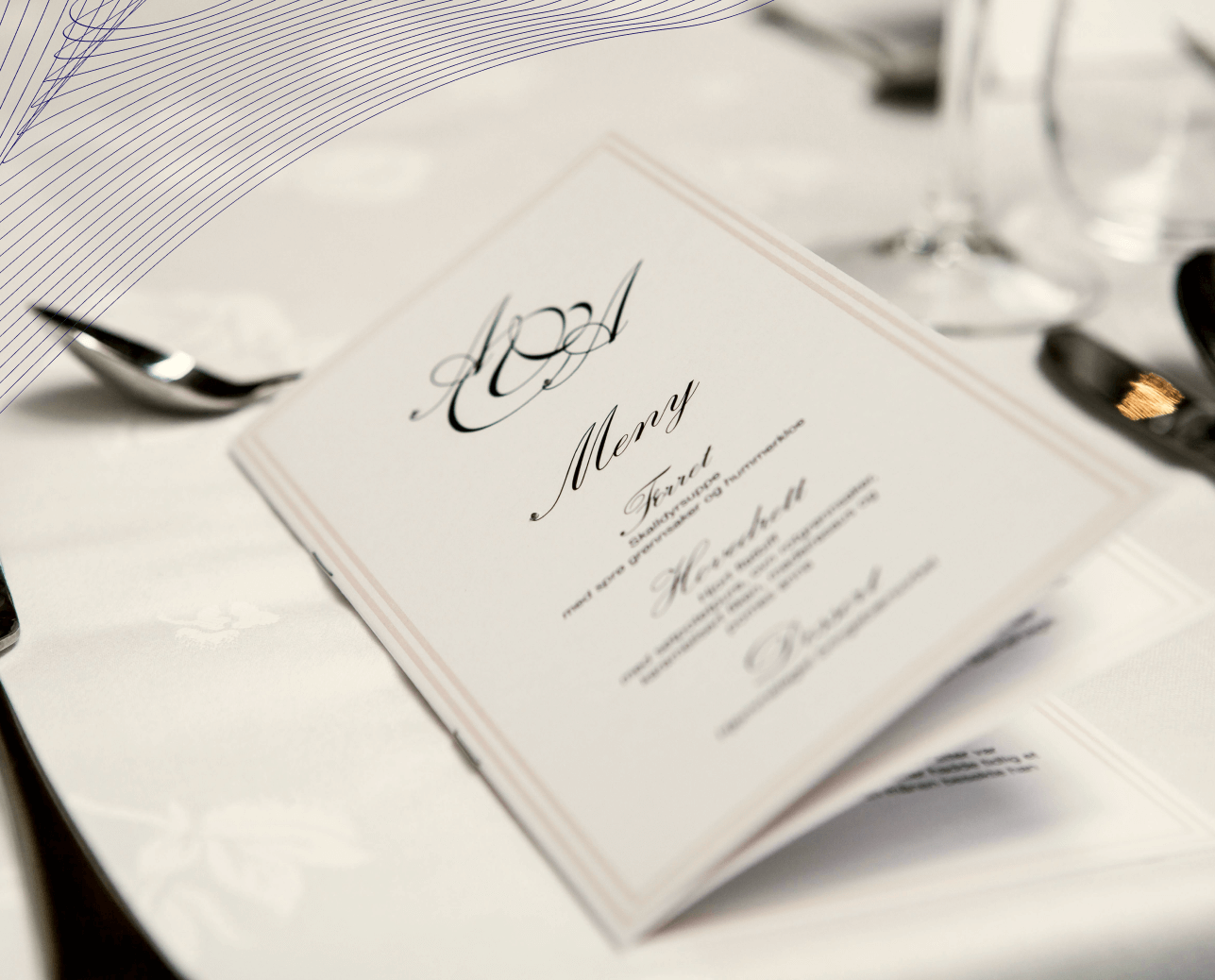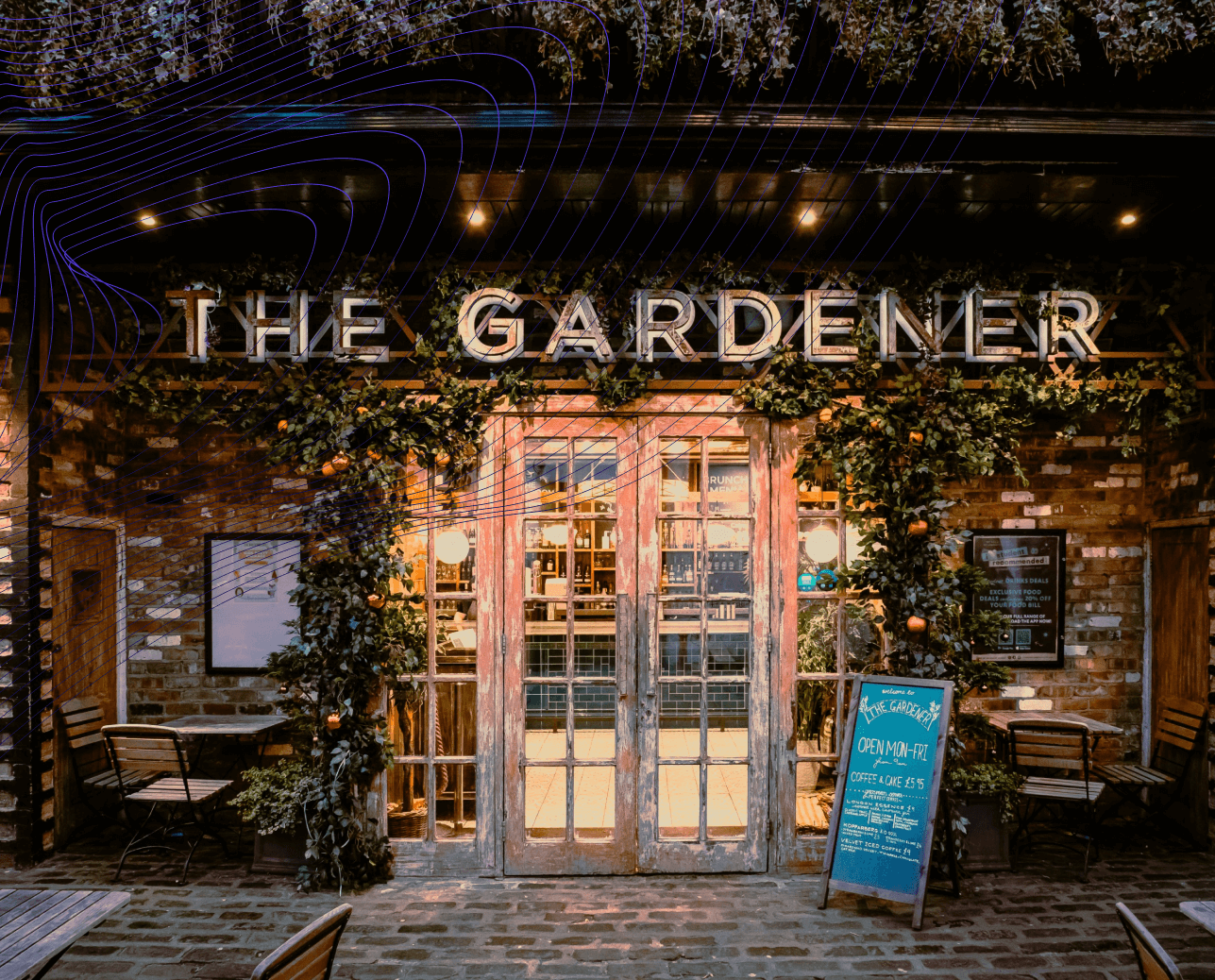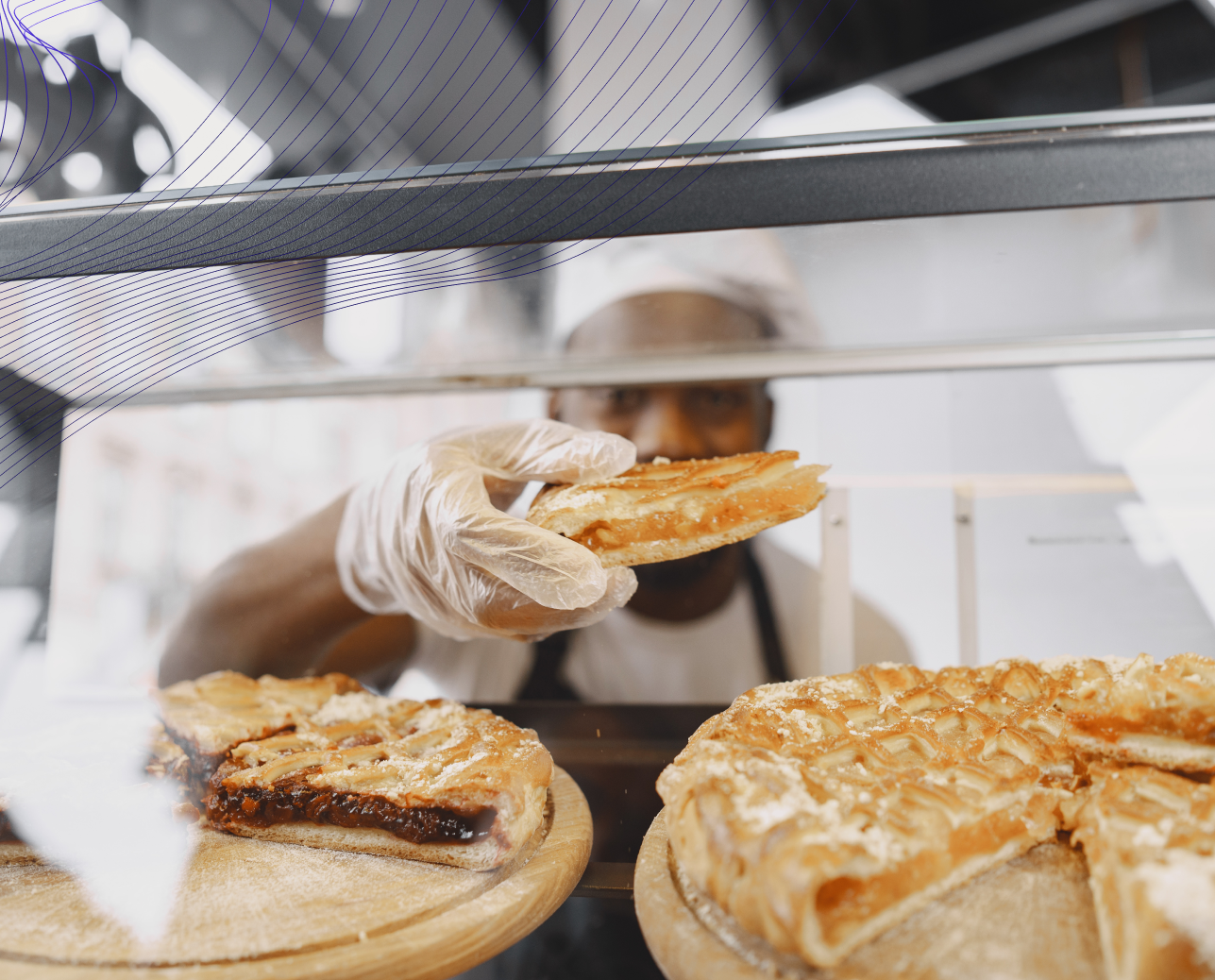Licenses and Permits Needed to Open a Restaurant
Opening a restaurant is an exciting yet challenging endeavor that requires more than just a great concept and a mouth-watering menu. Among the first and most crucial steps in this process is securing the necessary licenses and permits. Without these legal authorizations, your restaurant can't operate legally, and proceeding without them can result in severe penalties, including hefty fines or even forced closure.
Effortless Booking
Solutions with Me-Pos

By ensuring you have all the permits and licenses for a restaurant, you lay the foundation for your success. This foundation allows you to confidently move forward with other essential steps, such as selecting the point-of-sale system for restaurants, hiring staff, and crafting a marketing strategy.
Why Are Restaurant Permits and Licenses Important?
Restaurant licenses are the bedrock of legal compliance. These documents are not just bureaucratic red tape – they serve a critical purpose in ensuring that your restaurant adheres to local, state, and federal regulations designed to protect public health, safety, and the environment. Adhering to these regulations is non-negotiable. Failing to comply can result in fines, legal battles, and, in the worst-case scenario, the shutdown of your business. Additionally, operating without the permits needed for a restaurant can damage your reputation, deterring customers and potential partners who expect a legitimate and law-abiding establishment.
The importance of compliance goes beyond just avoiding penalties. For instance, health permits for restaurants are crucial in maintaining food safety standards, which are essential for protecting your customers from foodborne illnesses. A single outbreak linked to your restaurant could not only harm your patrons but also lead to negative publicity that could cripple your business. Similarly, a fire license for a restaurant ensures that your restaurant is a safe environment for both employees and customers, reducing the risk of accidents and making your establishment a secure place to dine.
Furthermore, having all the required licenses and permits can serve as a powerful tool for building trust with investors, partners, and customers. It demonstrates that your business is not only legitimate but also well-managed and committed to upholding industry standards. This commitment to compliance can be a significant factor when seeking funding, forming partnerships, or expanding your business.

Common Restaurants License Requirements
Opening a restaurant involves navigating a complex landscape of legal requirements. Depending on your location and the services you plan to offer, you may need to obtain a variety of licenses and permits. Below, we'll explore some of the most common licenses required for a restaurant operation.

Restaurant Business License
A business license is your restaurant's official entry into the world of legal business operations. This fundamental permit registers your establishment as a legitimate business entity within your local government, granting you the legal right to conduct commercial activities.
The process of obtaining a restaurant business permit typically involves submitting detailed information about your business, including its name, address, and the nature of its operations. You may also be required to pay a fee and, in some cases, pass a zoning inspection to ensure that your chosen location is suitable for restaurant use.
Securing a business license is not just about ticking a bureaucratic box. It's about establishing your restaurant's legal identity, which is crucial for tax purposes, entering into contracts, and building a brand that customers can trust. Additionally, the process of applying for a business license often brings to light other necessary permits, guiding you through the regulatory landscape and helping you avoid potential legal pitfalls.

Restaurant Food License
A food service license is a specialized permit required for any establishment that prepares and sells food to the public. This license is crucial because it ensures that your restaurant adheres to strict health and safety regulations governing food handling, storage, and preparation.
To obtain a restaurant food permit, you'll need to undergo a thorough inspection by the local health department. Inspectors will evaluate various aspects of your operation, including the cleanliness of your kitchen, the adequacy of food storage facilities, and the safety of your cooking practices.
The importance of a food service license cannot be overstated. It serves as a guarantee to your customers that the food they consume in your restaurant is safe and prepared under sanitary conditions. Maintaining this license is an ongoing responsibility, often requiring regular health inspections and a commitment to upholding high standards of food safety. Failure to comply with health regulations can result in fines, negative publicity, and even the closure of your restaurant.
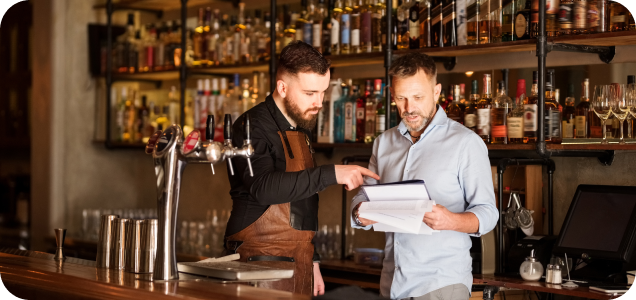
Restaurant Liquor License
If your restaurant plans to serve alcohol, obtaining a liquor license is non-negotiable. Liquor licenses are among the most heavily regulated permits in the restaurant industry, with strict rules varying significantly depending on your location. There are different types of liquor licenses available, such as beer and wine licenses or full liquor licenses, each with its own set of requirements and restrictions.
The application process for a restaurant alcohol license can be lengthy and complex, often involving background checks, public hearings, and substantial fees.
Serving alcohol without the appropriate license can lead to severe penalties, including fines, license revocation, and even criminal charges. Beyond the legal ramifications, having a liquor license can significantly enhance your restaurant's appeal, attracting a broader clientele and increasing your revenue potential. However, it's crucial to understand the specific regulations in your area and ensure that your restaurant remains compliant with all laws governing the sale and consumption of alcohol.
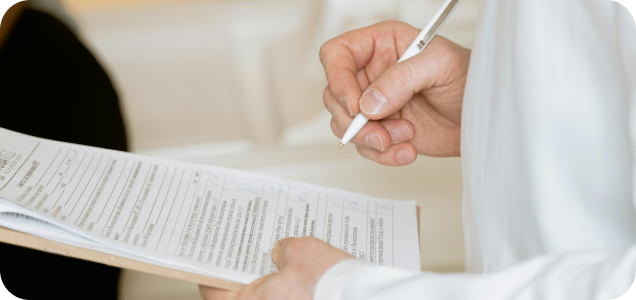
Restaurant Health License
A health department permit is essential for ensuring that your restaurant meets the health and safety standards set by the local health department. This permit is typically obtained after a thorough inspection of your facility, where health inspectors will assess various factors, including the cleanliness of your kitchen, the proper storage of food, pest control measures, and overall sanitation. Once your restaurant passes the inspection, you'll receive a permit that must be prominently displayed within your establishment.
Regular inspections are a standard part of maintaining your health department permit. These inspections ensure ongoing compliance with health regulations, protecting your customers from potential hazards such as foodborne illnesses. Failing an inspection can result in fines, mandatory corrective actions, and even temporary closure until the issues are resolved. Therefore, it's crucial to maintain high standards of cleanliness and safety at all times.

Building and Zoning Permits
Building and zoning permits are necessary if you plan to construct a new building, renovate an existing space, or make significant alterations to your restaurant's structure. These permits ensure that your restaurant complies with local building codes and zoning laws, which regulate how land and buildings can be used in different areas. Zoning laws can affect everything from the size and design of your restaurant to its location within a particular neighborhood or district.
Before embarking on any construction or renovation projects, it's essential to secure the appropriate building and zoning permits. This process may involve submitting detailed plans, undergoing inspections, and obtaining approvals from various government departments. Building without the proper permits can lead to costly fines, delays in your project, and even the need to undo completed work. Additionally, failure to comply with zoning laws can result in legal challenges that could jeopardize your restaurant's future.
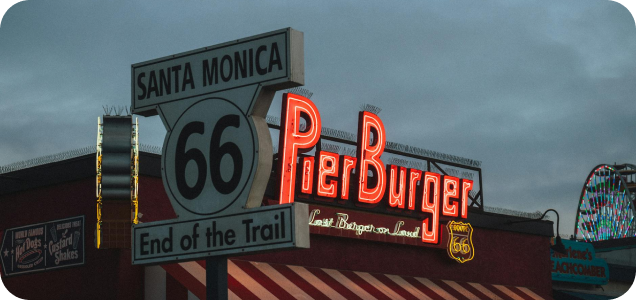
Sign Permit
A sign permit is required if you plan to install any signage on your restaurant's exterior. This permit ensures that your signage complies with local regulations regarding size, placement, lighting, and design. The process typically involves submitting a design proposal to your local planning department, which will review and approve your sign before you can install it. Signage is a critical aspect of your restaurant's branding, serving as a visual representation of your business that attracts customers and establishes your presence in the community.
However, signage regulations can be strict, often dictating the size, height, and even the color of your signs. Violating these regulations can result in fines and the forced removal of your signage. Therefore, it's essential to ensure that your signs meet all local requirements and that you obtain the necessary permits before installation. Properly permitted signage not only enhances your restaurant's visibility but also demonstrates your commitment to operating within the bounds of the law.
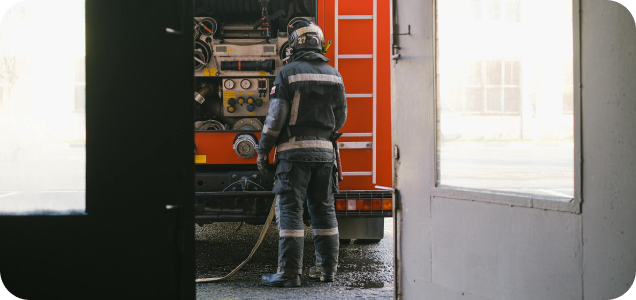
Fire Department Permit for a Restaurant
A fire department permit is essential for ensuring that your restaurant meets local fire safety codes. This permit typically requires an inspection by the local fire department, where inspectors will assess your restaurant's fire suppression systems, emergency exits, fire extinguishers, and overall fire safety preparedness. The importance of fire safety in a restaurant cannot be overstated. A fire in your establishment could result in catastrophic damage, not only to your property but also to lives.
Obtaining a fire department permit is a critical step in protecting your employees, customers, and property from the risks associated with fire. This permit also ensures that your restaurant complies with fire safety regulations, which can include everything from the installation of fire alarms to the maintenance of clear exit routes. Regular inspections may be required to maintain your fire department permit, and any violations must be addressed promptly to avoid penalties or the suspension of your permit.

Music Permit for a Restaurant
If you plan to play music in your restaurant, whether it's through live performances or background music, you'll need a music license. This license is required to comply with copyright laws and compensate musicians for the public performance of their work.
Music licenses are typically obtained through performing rights organizations (PROs) such as ASCAP, BMI, or SESAC. These organizations manage the rights to a vast library of music, and obtaining a license from them allows you to legally play this music in your restaurant.
Playing music without the appropriate license can lead to legal action, including fines and lawsuits from copyright holders. A music license not only protects you from these legal issues but also enhances the dining experience for your customers. Whether it's creating a lively atmosphere with upbeat tunes or setting a relaxed mood with soft background music, a properly licensed music program can significantly contribute to your restaurant's ambiance and customer satisfaction.
Additional Licenses Needed for a Restaurant
Depending on your location and the specific nature of your restaurant, you may need additional restaurant permission. It can vary widely but are just as important as the more common permits mentioned earlier.

Environmental Permits
If your restaurant produces a significant amount of waste, uses hazardous materials, or has a considerable environmental impact, you may need to obtain environmental permits. These permits ensure that your restaurant complies with environmental regulations, including waste disposal, water usage, and air quality standards. The specific requirements for environmental permits vary by location, so it's essential to consult with local authorities to determine what you need.
Environmental responsibility is becoming increasingly important in the restaurant industry. Customers and regulators alike expect businesses to minimize their environmental footprint. This can involve everything from properly disposing of grease and food waste to ensuring that your restaurant's energy use meets local efficiency standards. Obtaining and maintaining environmental permits demonstrates your commitment to sustainability, which can enhance your restaurant's reputation and appeal to eco-conscious customers.
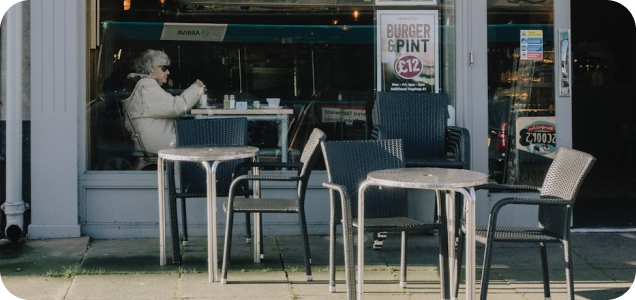
Outdoor Seating Permit
If you plan to offer outdoor dining, you'll need an outdoor seating permit. This permit regulates the use of public or private outdoor spaces for dining purposes. It typically involves submitting a layout of your outdoor seating area, ensuring that it complies with local safety and accessibility standards. Depending on your location, there may be additional requirements, such as obtaining permission from neighboring businesses or residents.
Outdoor dining can be a significant draw for customers, especially in pleasant weather or in locations with scenic views. However, managing outdoor seating involves more than just placing tables and chairs outside. You must consider factors such as pedestrian traffic, accessibility for disabled patrons, and compliance with local noise ordinances. An outdoor seating permit ensures that your alfresco dining options are both safe and legally compliant, allowing you to offer this attractive feature without risking fines or legal challenges.

Waste Disposal and Recycling Permits
Proper waste disposal is critical for any restaurant, and in some areas, you may need specific permits for waste disposal and recycling. These permits ensure that your restaurant complies with local regulations regarding the disposal of food waste, grease, and other materials. For example, if your restaurant generates a significant amount of grease, you may need a grease disposal permit, which regulates how and where you can dispose of this waste. Additionally, some areas require restaurants to participate in recycling programs, necessitating a recycling permit.
Efficient waste management is not only a legal requirement but also a reflection of your restaurant's operational standards. Properly managing waste helps prevent environmental contamination and ensures that your restaurant is a responsible member of the community. Obtaining the necessary waste disposal and recycling permits is an essential part of this process, helping you avoid penalties and contribute to a cleaner, more sustainable environment.
How to Get a Restaurant License?
Obtaining the necessary licenses and permits for your restaurant involves a detailed process that requires careful research and preparation. Here’s a step-by-step guide to help you navigate this process effectively:

1. Research Local Requirements: Start by thoroughly researching the specific licenses and permits required in your area. This information can typically be found on your local government’s website or by contacting relevant departments such as the health department, zoning office, or business licensing division. Understanding the local landscape is crucial, as requirements can vary significantly between cities and states.
2. Prepare Documentation: Once you've identified the necessary permits, gather all the required documentation. This may include your restaurant's business plan, layout, menu, lease agreement, and identification documents. Ensuring that your paperwork is complete and accurate is vital to avoid delays. Missing or incorrect information can result in your application being rejected, adding time and frustration to the process.
3. Submit Applications: Complete and submit the applications for each required license and permit. This process often involves filling out forms, paying fees, and submitting supporting documents. Some applications may require in-person submission, while others can be completed online. Pay close attention to deadlines and submission guidelines, as missing a deadline can delay your restaurant's opening.
4. Schedule Inspections: For permits that require inspections, such as health or fire department permits, schedule these inspections as soon as possible. It's essential to ensure that your restaurant is fully prepared for the inspection to avoid failing and having to reapply. Preparing for these inspections involves thorough cleaning, ensuring all safety equipment is functional, and verifying that your restaurant meets all relevant standards.
5. Follow Up: After submitting your applications, it's important to follow up with the relevant departments to ensure that your applications are being processed. Keep track of all deadlines and be proactive in addressing any issues that arise. Regular communication with the licensing authorities can help expedite the process and ensure that any potential problems are resolved quickly.
6. Maintain Compliance: Once you’ve obtained your licenses and permits, maintaining compliance is crucial. This means adhering to all regulations, renewing licenses as required, and being prepared for periodic inspections. Compliance is an ongoing responsibility, and staying vigilant will help you avoid fines, legal issues, and disruptions to your business operations.

By following these steps, you can ensure that your restaurant is fully licensed and compliant with all local, state, and federal regulations, paving the way for a smooth and successful opening.
Restaurant Licenses and Permits Costs and Timelines
The costs and timelines associated with obtaining restaurant licenses and permits can vary significantly depending on your location, the type of permits required, and the size of your restaurant. Below is an overview of what you can typically expect:

-
Restaurant Business License Cost: Typically ranges from $50 to $500, depending on the location and size of your business. Processing times can vary from a few days to several weeks.
-
Food Service License Cost: Can range from $100 to $1,000, with processing times of several weeks to a few months, depending on the complexity of the inspection process.
-
Restaurant Alcohol License Cost: The most expensive license, with costs ranging from a few hundred to several thousand dollars. The application process can take several months, especially if public hearings are required.
-
Health Department Permit: The cost for a health department permit typically ranges from $100 to $500. The inspection process can take a few weeks, depending on the availability of inspectors and the condition of your facility.
-
Building and Zoning Permits: The cost of building and zoning permits can vary widely, from a few hundred to several thousand dollars, depending on the scope of your project. Processing times can also vary, particularly if significant renovations are involved.
-
Sign Permit: Sign permits usually cost between $50 and $200, with processing times of a few days to a few weeks.
-
Fire Department Permit: The cost for a fire department permit typically ranges from $100 to $500. The inspection process can take several weeks, depending on the availability of inspectors.
-
Music License: The cost of a music license depends on the size of your restaurant and the type of music you plan to play. Fees can range from $200 to $1,000 annually, with processing times of a few days to a few weeks.
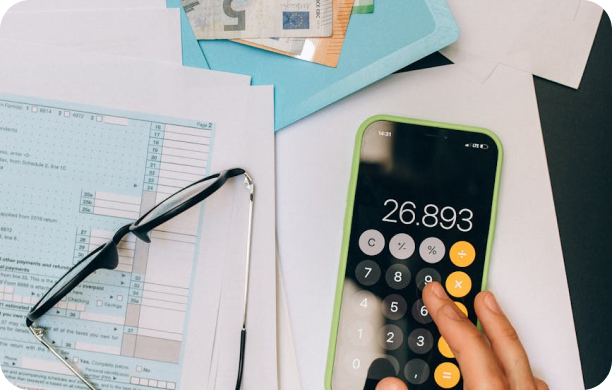
Understanding these costs and timelines is essential for planning your budget and ensuring that you can open your restaurant on schedule. It's important to start the application process early, as delays in obtaining permits can push back your opening date.
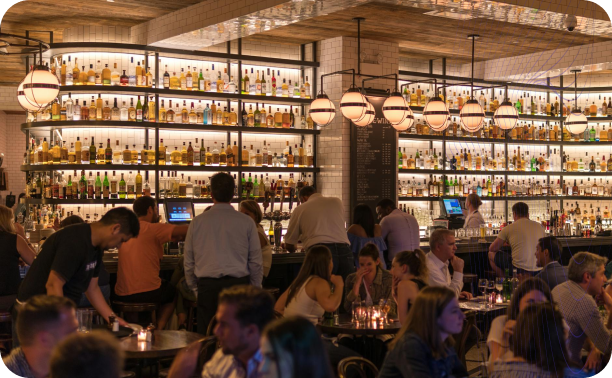
Conclusion
Obtaining the permits needed to open a restaurant is a crucial step for your business. Without these, your restaurant cannot legally operate, and you risk facing fines, legal issues, or even closure.
It’s essential to be thorough and timely in researching, applying for, and maintaining all required licenses and permits. By doing so, you not only comply with the law but also set the foundation for a reputable and thriving business.
Remember, each license and permit serves a purpose, whether it’s ensuring public health, maintaining safety standards, or protecting the environment. Prioritize this aspect of your business, and you’ll be well on your way to opening a restaurant that’s both legally compliant and poised for success.
View more
Related Articles
View more











